RSS
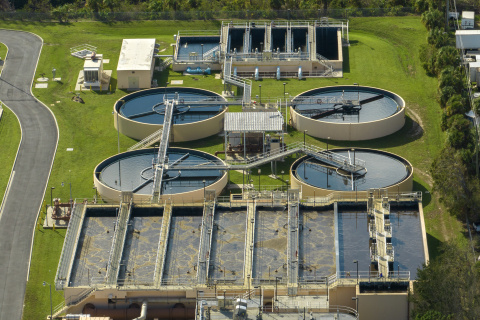
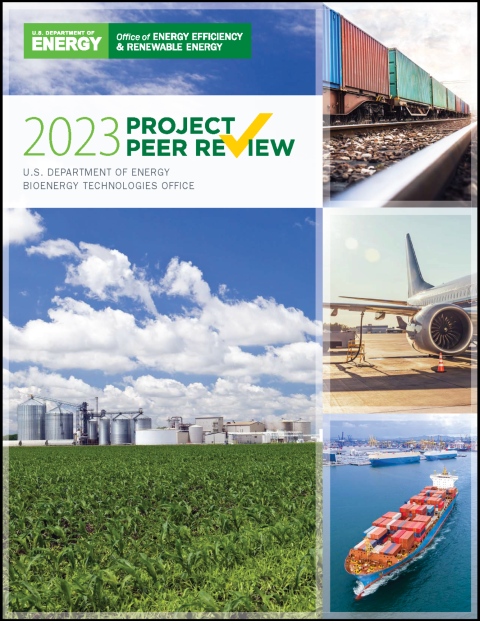
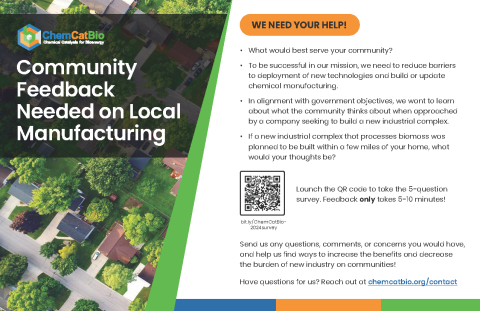
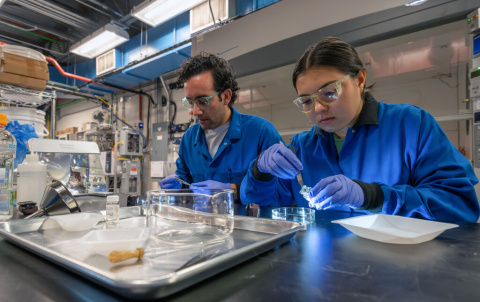



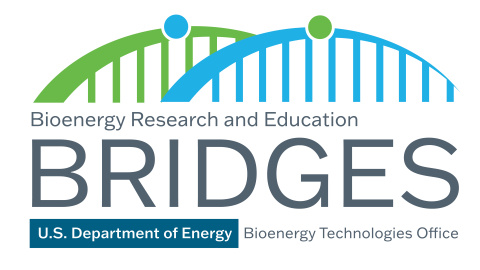
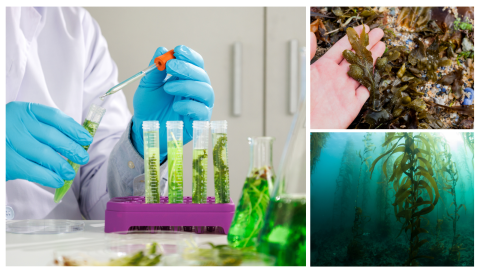
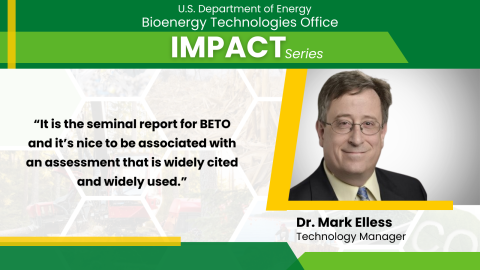

The U.S. Department of Energy (DOE) Bioenergy Technologies Office (BETO) and Vehicle Technologies Office (VTO) announced up to $17.5 million in federal funding to develop cost-effective strategies for communities to manage and recover potential energy sources from their waste streams.

The U.S. Department of Energy (DOE) Bioenergy Technologies Office (BETO) released its 2023 Project Peer Review Report, a comprehensive summary of stakeholder and subject-matter expert feedback on BETO’s latest research, development, and demonstration (RD&D) portfolio.

If a new industrial complex that processes biomass was planned to be built within a few miles of your home, what would your thoughts be? ChemCatBio, a U.S. Department of Energy Bioenergy Technologies Office consortium, wants to hear your questions, comments, or concerns to help find ways to increase the benefits and decrease the burden of new industry on communities.

In celebration of Earth Day, the U.S. Department of Energy (DOE) Bioenergy Technologies Office (BETO) is highlighting some of the exciting and innovative work DOE and our national laboratories are doing to protect our planet. Researchers from DOE’s Waterborne Plastics Assessment and Collection Technologies (WaterPACT) project and Bio-Optimized Technologies to keep Thermoplastics out of Landfills and the Environment (BOTTLE™) consortium are on mission to do just that!

The U.S. Department of Energy is advancing ambitious decarbonization targets for the maritime transportation sector, both domestically and internationally. DOE is teaming with over 15 government and industry partners in Singapore to foster partnerships and collaborate on renewable energy solutions aimed at achieving net zero-emissions in the maritime sector by 2050.

The U.S. Department of Energy is teaming with over 15 government and industry partners in Singapore to foster partnerships and collaborate on energy solutions aimed at advancing research and development of innovative bioenergy technologies with a focus on affordability, security, and resilience.

A major airline is working with DOE to accelerate the production of sustainable aviation fuel.

Register today for upcoming Bioenergy Research and Education Bridge (BRIDGES) Program office hours to help educators extend bioenergy learning through the summer. The U.S. Department of Energy’s Bioenergy Technologies Office (BETO), in collaboration with Argonne National Laboratory and Idaho National Laboratory, has developed an easy-to-implement, ready-to-use bioenergy case study-based education curriculum.

The U.S. Department of Energy’s Bioenergy Technologies Office (BETO) and Office of Fossil Energy and Carbon Management (FECM) today announced the MACRO: Mixed Algae Conversion Research Opportunity funding opportunity announcement (FOA). The FOA will award up to $18.8 million to address research and development (R&D) challenges in converting algae, such as seaweeds and other wet waste feedstocks, to biofuels and bioproducts that can reduce emissions for domestic transportation, industry, and communities.

The U.S. Department of Energy (DOE) recently released a robust analysis, the 2023 Billion-Ton Report (BT23), showcasing how America could viably triple its production of biomass to more than 1 billion tons per year while still meeting the projected demand for food, feed, fiber, conventional forest products, and exports. The impact of this comprehensive analysis is far-reaching and DOE Bioenergy Technologies Office (BETO) Technology Manager, Dr. Mark Elless, managed the development of BT23 which was led by Oak Ridge National Laboratory.

